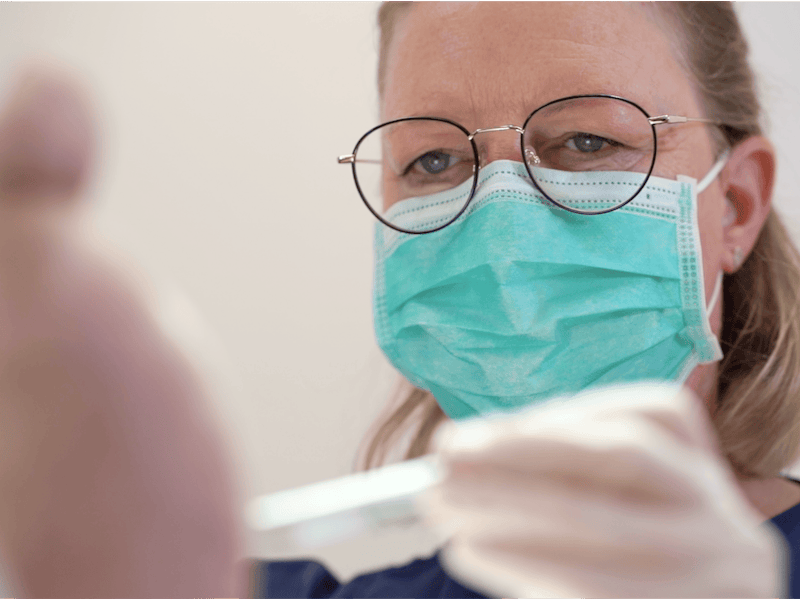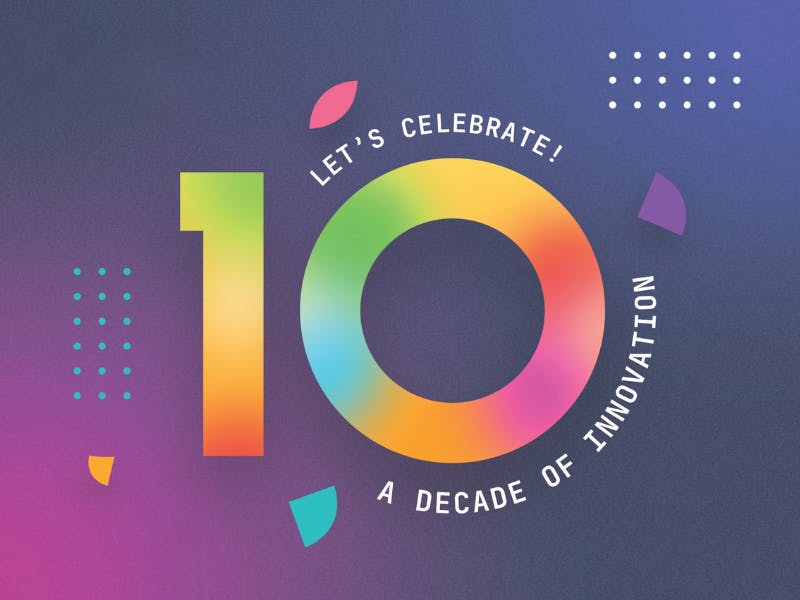Simplified login - The solution for non-personal devices
Smartphones are designed as personal devices, which allows easy unlocking using biometric data such as FaceID or TouchID. In the medical environment, however, mobile devices are often still used as non-personal devices: different users use the same mobile device. In this case, simplified authentication methods cannot be used to unlock the apps; the password must be re-entered each time.
Very early after the introduction of our apps, we realised that it would probably take longer than expected for each employee of a hospital to get a personal device. More than three years ago we, therefore, decided to design a simplified and yet secure procedure for unlocking impersonal devices. This extension was essential and contributes significantly to the satisfaction of our users.
This is how the "simplified login" works:
- Once at the start of the shift, the personal password for logging in to the app is entered*.
- On all devices and all imito apps, the person can then log in during the work shift using their employee badge without entering the password.
- Depending on the guidelines of the healthcare organisation, the entry of a personal PIN code can be requested optionally after scanning the employee badge in order to complete the log-in.
*This method of "simple logon" is always limited in time, e.g. 12 hours can be defined to cover a work shift. Once this time has expired, the personal password must be entered again to log in. This time period is defined by the health care organisation and varies from 15 minutes to 12 hours depending on the organisation.
Patient selection by barcode
The search for the right patients for documentation is usually done by entering the first name, last name, patient ID and date of birth. This is not only time-consuming but can also lead to errors (e.g. wrong assignment of acquired images).
Patient searches can also be carried out manually with the imito apps. Ideally, however, the patient is selected by means of a barcode, e.g. via patient wristband or patient label. App users are then directly in the correct patient context, saving time and avoiding errors.
This is how the "simple selection" of the patient works:
- This function is configured on the backend of the healthcare organisation.
- Via the patient list, click on the "+" symbol and then on "Scan patient barcode" (iOS) or "Identify patient" (Android).
After scanning the patient barcode, the patient is selected, the user is in the patient context and can already document.




